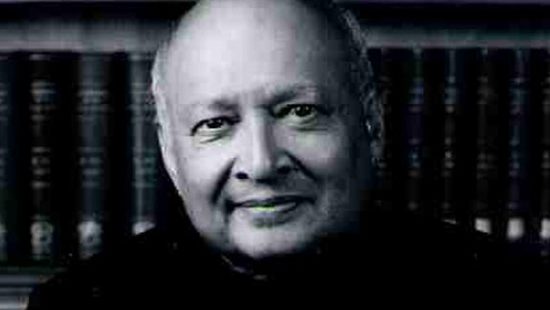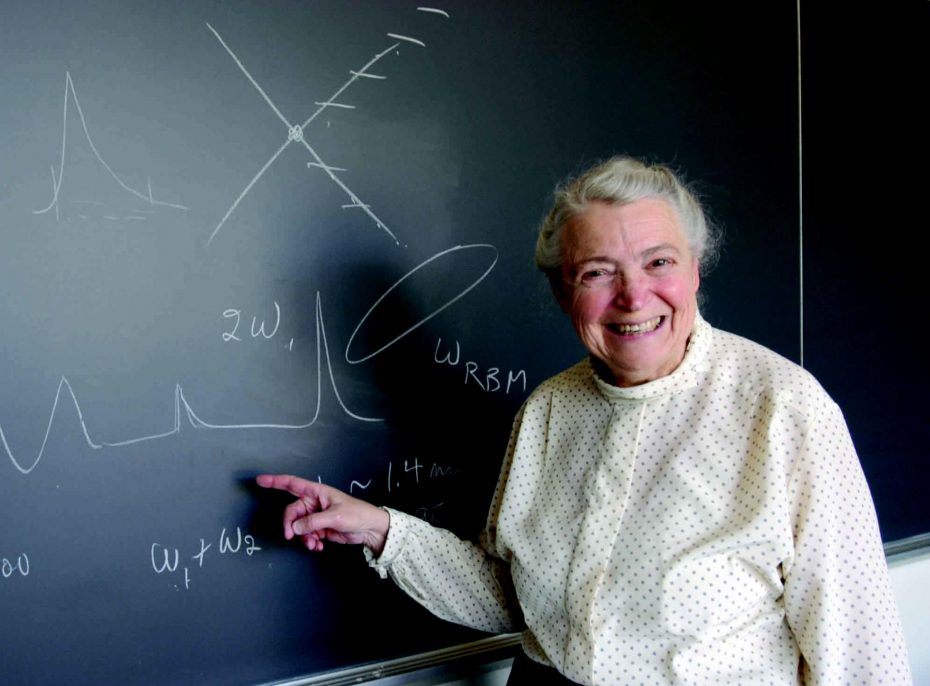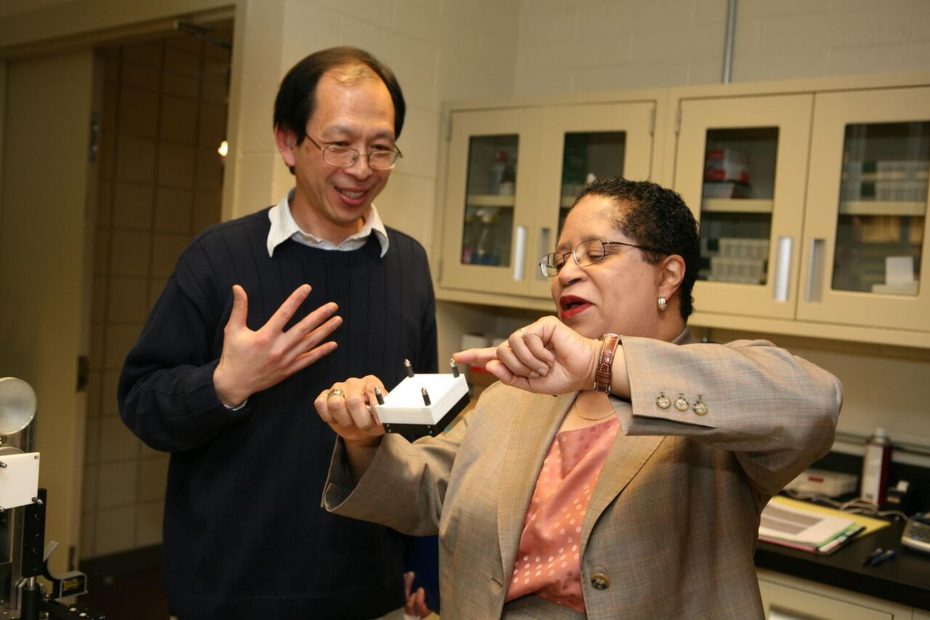Earl R. Parker’s pioneering research led to huge advancements in understanding the properties of metals and earned him an invitation onto a University of California-Berkeley committee studying why some World War II ships were unexpectedly breaking in half.
The committee needed a metallurgical engineer, and Parker was the top of his field. His work zeroed in on the culprits, which ranged from poor welding technology to inferior steel.
The committee assignment in 1944 would be the start of a long career in Berkeley. Parker eventually became chair of the Department of Materials Science and Engineering and later directed the university’s Institute of Engineering Research.
But, colleagues recall, he never lost his passion for teaching. In 1972 he received the University of California’s Distinguished Teaching Award and over several decades steered the work and achievements of more than 100 students seeking advanced degrees.
Born in Denver, Parker earned a degree in metallurgical engineering from the Colorado School of Mines. Prior to becoming an educator, he did ground-breaking work on the properties of metals and alloys as a researcher for General Electric.
By Robert Warren






